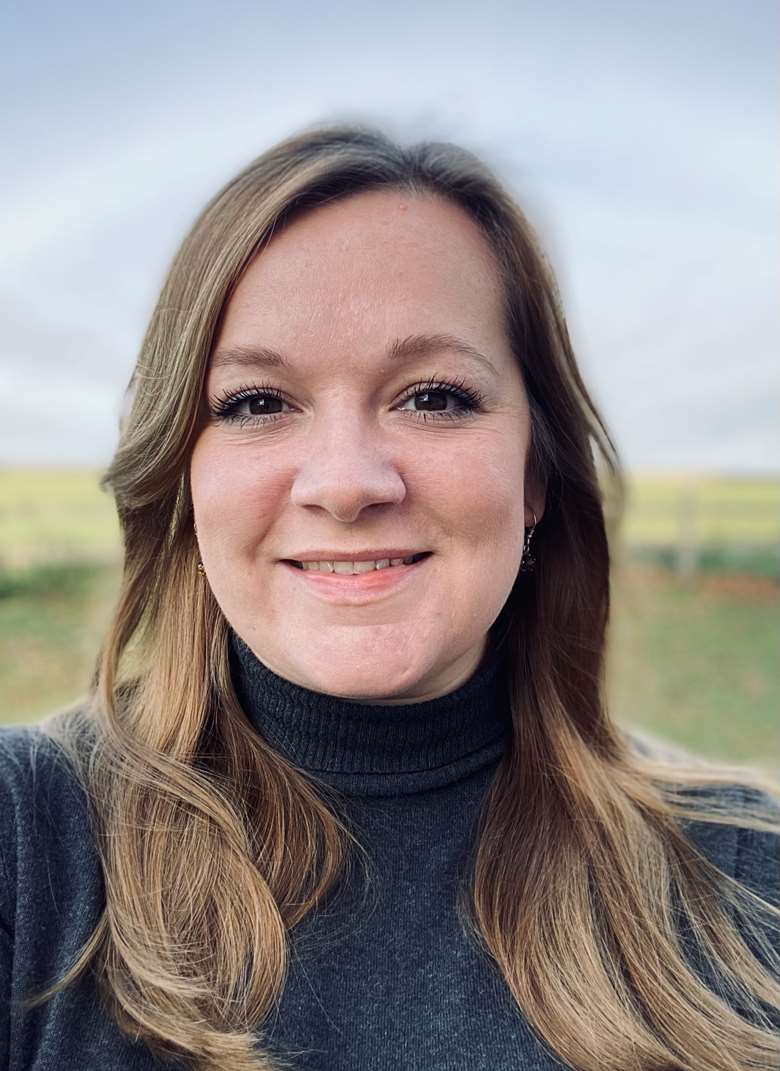How musicians can maximise performance rights? Find out from the PRS expert
Monday, November 30, 2020
How can musicians maximise their performance rights? We spoke to Harriet Wybor, classical relationship manager at PRS for Music


Register now to continue reading
Don’t miss out on our dedicated coverage of the classical music world. Register today to enjoy the following benefits:
- Unlimited access to news pages
- Free weekly email newsletter
- Free access to two subscriber-only articles per month